The main significance of crusher in resource utilization

The significance of crushers in resource utilization is substantial, particularly in the initial stages of waste processing. Here are the key aspects of their importance:
1.Enhancing Recycling Efficiency
Crushers break down large or hard waste materials (such as old appliances, automotive parts, and construction debris) into smaller fragments, which improves the efficiency of subsequent recycling processes. For example, in the recycling of old cars, crushers can reduce the vehicle body into smaller pieces, making it easier to separate metals, plastics, and glass, thereby increasing the recycling rate.
2. Facilitating Subsequent Processing
By breaking waste materials into smaller pieces, crushers simplify the processing of waste. For instance, in paper recycling, crushers shred waste paper into small bits, which makes the de-inking and reprocessing stages more manageable. In construction waste processing, crushers turn concrete and bricks into granular material, which can be used as recycled aggregate for new construction materials.
3. Optimizing Material Separation
Crushers help in separating and classifying different types of waste. In the processing of electronic waste, crushers reduce electronic products to smaller pieces, allowing magnetic separators and air classifiers to more effectively separate metals, plastics, and glass. This optimized separation enhances the purity and value of recycled materials.
4. Reducing Volume and Transport Costs
Crushers significantly reduce the volume of waste materials, making them easier to store and transport. For example, large old furniture or construction debris, when processed by crushers, have reduced volumes, which lowers transportation and storage costs. This reduction in volume also improves the efficiency of waste management sites.
5. Promoting Material Reuse
Crushed waste materials can be directly used as raw materials for manufacturing new products. For instance, crushed old tires can be used to produce recycled rubber, and crushed construction debris can serve as aggregate for new building materials. This reuse of materials helps decrease the demand for new raw materials and promotes resource circulation.
6. Supporting Energy Recovery
In some cases, crushed waste can be used for energy recovery. For example, crushed wood waste can be used to produce wood pellets or biomass fuel, which can then be used for power generation or heating, replacing traditional fossil fuels and reducing energy consumption and greenhouse gas emissions.
7. Advancing Environmental Protection and Sustainability
The use of crushers contributes to overall efficiency in waste resource utilization, reducing the environmental impact of waste. By promoting recycling and reuse, crushers support the goals of a circular economy and sustainable development, helping to build a resource-efficient society.

In summary, crushers play a crucial role in waste resource utilization by enhancing recycling efficiency, facilitating subsequent processing, optimizing material separation, reducing volume and transport costs, promoting material reuse, supporting energy recovery, and advancing environmental protection and sustainability.

 CN
CN
 EN
EN
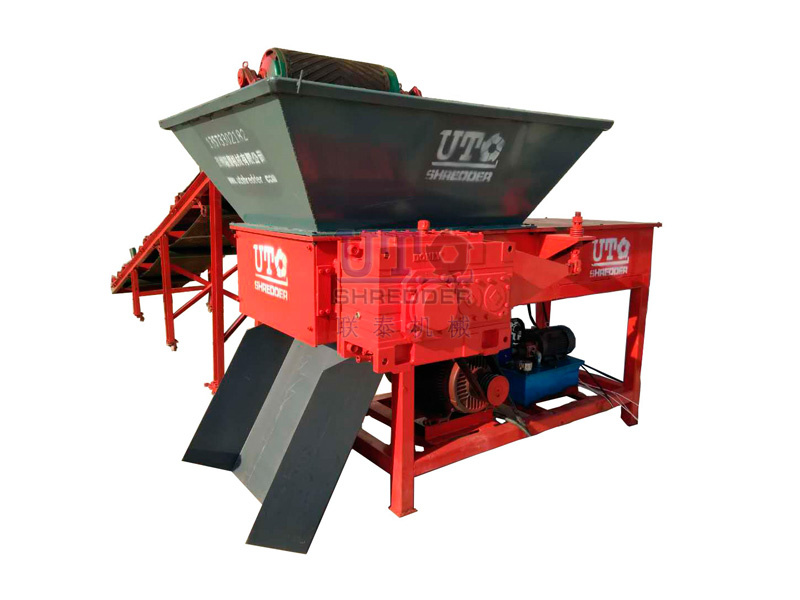
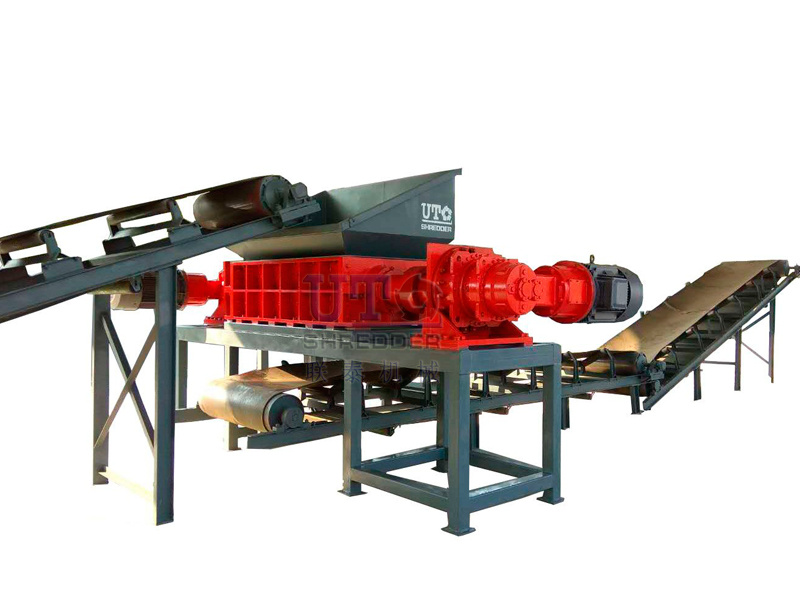
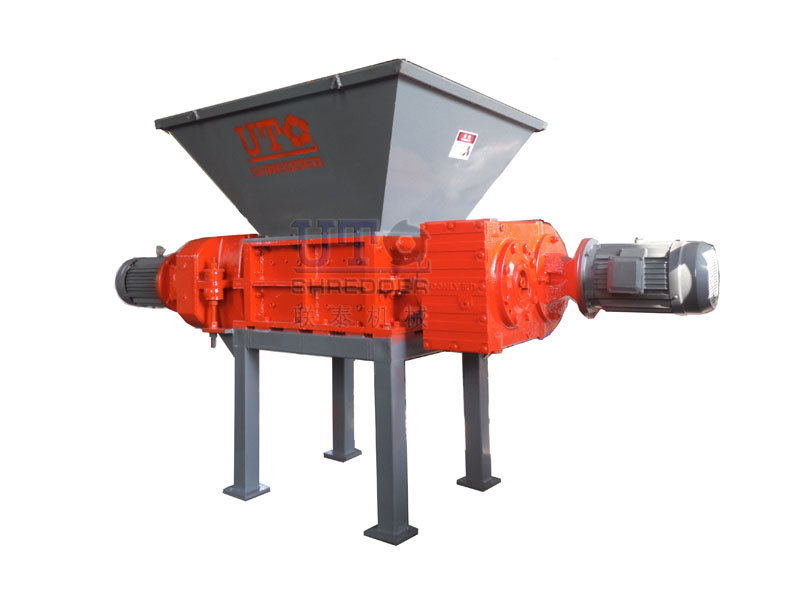
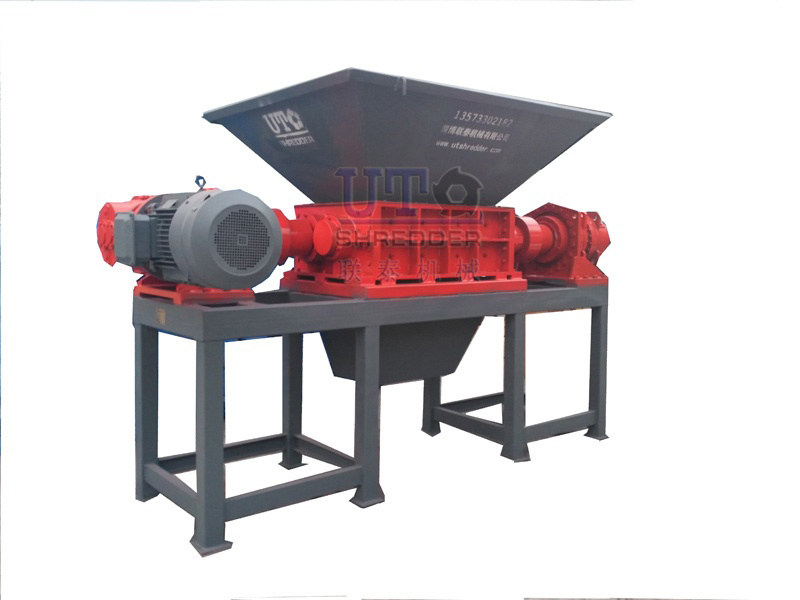
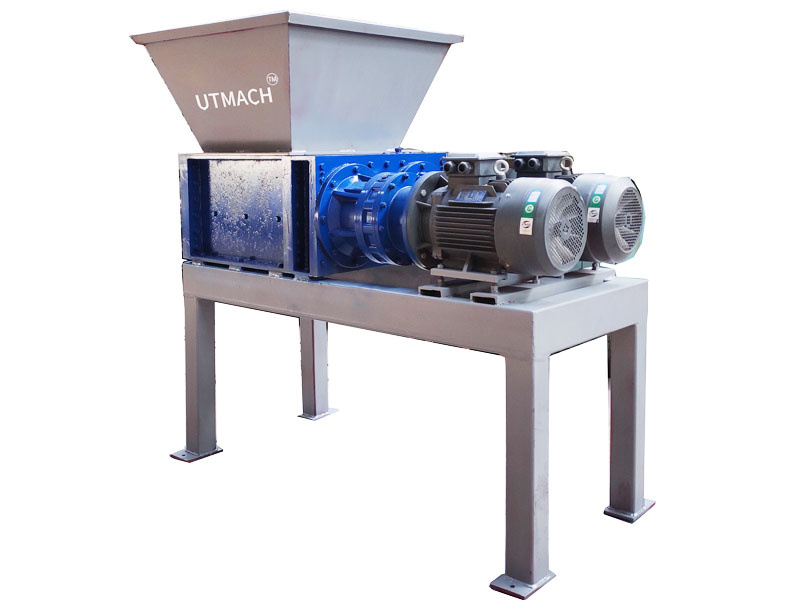
 TEL:+86-533-3588750
TEL:+86-533-3588750 FAX:+86-533-3588750
FAX:+86-533-3588750 MOBILE:+86-18653354363
MOBILE:+86-18653354363 E-MAIL:info@zbutm.com
E-MAIL:info@zbutm.com ADDRESS:No.145 Zhengtong Road,
ADDRESS:No.145 Zhengtong Road,






